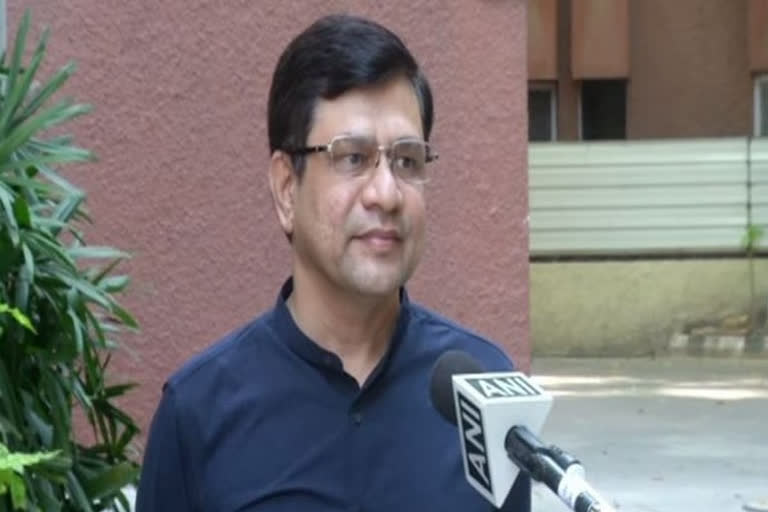New Delhi: Telecom Minister Ashwini Vaishnaw on Monday said the "public good" element in spectrum pricing is now widely recognised, leading to a changed thought process that seeks to strike a balance between maximising revenue and maximising services to the poor.
Addressing the CII Partnership Summit 2021, Vaishnaw noted that consultation process on spectrum pricing is currently on, and urged the industry to participate in discussions and offer suggestions to Telecom Regulatory Authority of India (TRAI) on the issue.
"They (TRAI) will come up with a final document, based on which government will take a decision. But the thought process is that we have to make it affordable. That's very, very significant change in thinking and Covid made us realise the importance of telecom...everything went digital," Vaishnaw said.
"Today there is a balance in thought process that between maximising revenue and providing maximising service to the poor...there has to be a balance... somewhere it should be struck. That balance is today in a consultation process in the country," he said.
Vaishnaw, who is also the Minister for Electronics and IT as well as Railways, further said Internet brought with it opportunities and challenges, and regulations are focusing on ensuring a secure environment for all users.
Listing out various challenges faced by nations across the world, the minister also drew attention to the impact of 'Big Tech' on democracies and societies.
Mobile phone prices will come down
To a question on programme or subsidies that would be needed to transition feature phone users in the country to smartphones, the minister noted that India has taken major strides to boost manufacturing of mobile phones, through policies and initiatives.
"Today, India is globally the second largest mobile phone manufacturer. With this kind of ecosystem, which has developed over the last 4-5 years, mobile phone costs have come down to less than Rs 10,000, in a significant way. That is an important price point, because that that price point it becomes affordable to the lowest income section in the society," the minister said.
More such initiatives are being lined up by the government to boost component and chip manufacturing in India, and to reduce supply chain cost further.
"With that ecosystem, the cost of smartphones will further reduce and that will bring down the price points further and make it more affordable," Vaishnaw said.
On a question about the risk of cyber warfare amid geo-political tensions, the minister said there has to be an understanding among like-minded countries about cyber-threat being a common threat.
India is investing heavily in technology, processes and training to deal with cyber threats, and in recent past has "very successfully" thwarted some incidents of cyber threats that were attempted by "certain sections".
"Many serious threats have been successful thwarted also," he informed.
Also Read: Electronics production in India at Rs 5,33,670 cr in FY21
To whether India would take a lead in setting global standards around data protocols for like-minded nations, Vaishnaw said policymakers, around the world, are grappling with ways to deal with new challenges that have been thrown up by technology and social media. Global policymakers are also dealing with issues such as fake new, and other tech-related challenges.
"I think time has come when we should all have a new thought process, a new agreement on this. The way the United Nations came up, the way a new global order emerged in 1940s after the Second World War...a similar attempt is needed at this point. India would participate in this, India would take lead in this and we are very deeply involved in these discussions at every level, within our country and in all international fora," Vaishnaw said.
Stressing that India has moved towards an investment-driven recovery, Vaishnaw informed that the Ministry of Railways alone is undertaking capital investment of USD 15 billion and is on track to achieve this target by middle of March 2022.
"We have already reached 60 per cent of this target," Vaishnaw said.
Touching upon the country's increased focus on clean energy to tackle the climate change, Vaishnaw informed that the Indian Railways aims to achieve Net Zero by 2030 for which the plans are laid out in the next 2-3 years.
He also added that about 40 gigawatt of renewable energy tenders will be released which would attract high volumes of investment, including from overseas.
The CII Partnership Summit 2021 has been organised in association with Department for Promotion of Industry and Internal Trade (DPIIT), Ministry of Commerce and Industry.
PTI



